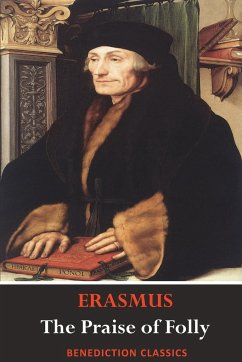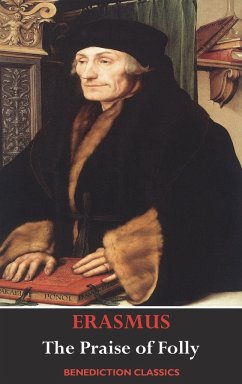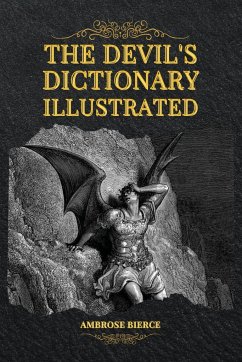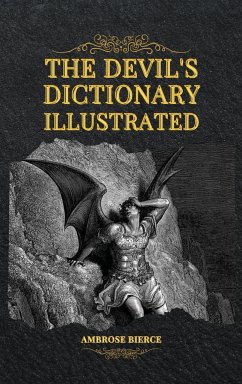
The Praise of Folly (Illustrated by Hans Holbein)
Versandkostenfrei!
Versandfertig in 1-2 Wochen
10,99 €
inkl. MwSt.

PAYBACK Punkte
5 °P sammeln!
In Civilization, Kenneth Clarke states "The first man to take full advantage of the printing press was Erasmus. It made him, and unmade him, because in a way he became the first journalist. He had all the qualifications: a clear, elegant style (in Latin, of course, which meant that he could be read everywhere, but not by everyone), opinions on every subject, even the gift of putting things so that they could be interpreted in different ways. He poured out pamphlets and anthologies and introductions; and so in a few years did everyone who had views on anything... for ten years he was the most f...
In Civilization, Kenneth Clarke states "The first man to take full advantage of the printing press was Erasmus. It made him, and unmade him, because in a way he became the first journalist. He had all the qualifications: a clear, elegant style (in Latin, of course, which meant that he could be read everywhere, but not by everyone), opinions on every subject, even the gift of putting things so that they could be interpreted in different ways. He poured out pamphlets and anthologies and introductions; and so in a few years did everyone who had views on anything... for ten years he was the most famous man in Europe. ... Early in his journalistic career he produced a masterpiece of the Renaissance - ThePraise of Folly. He wrote it staying with his friend Thomas More; he said it took him a week, and I dare say it's true. ... To an intelligent man, human beings and human institutions really are intolerably stupid and there are times when his pent-up feelings of impatience and annoyance can't be contained any longer. Erasmus's Praise of Folly was a dam-burst of this kind; it washed away everything: popes, kings, monks (of course), scholars, war, theology - the whole lot. This edition also contains a brief life of Erasmus and Erasmus's epistle to Thomas More. It is illustrated in monochrome woodcuts by Hans Holbein.












